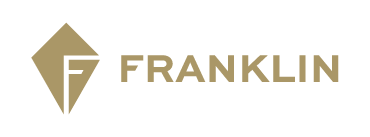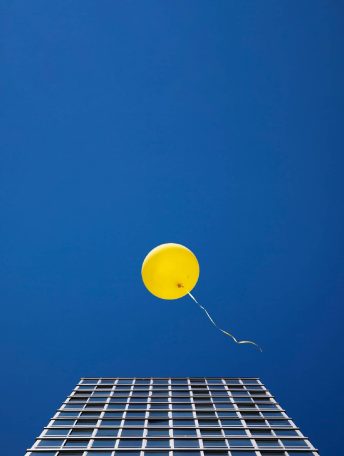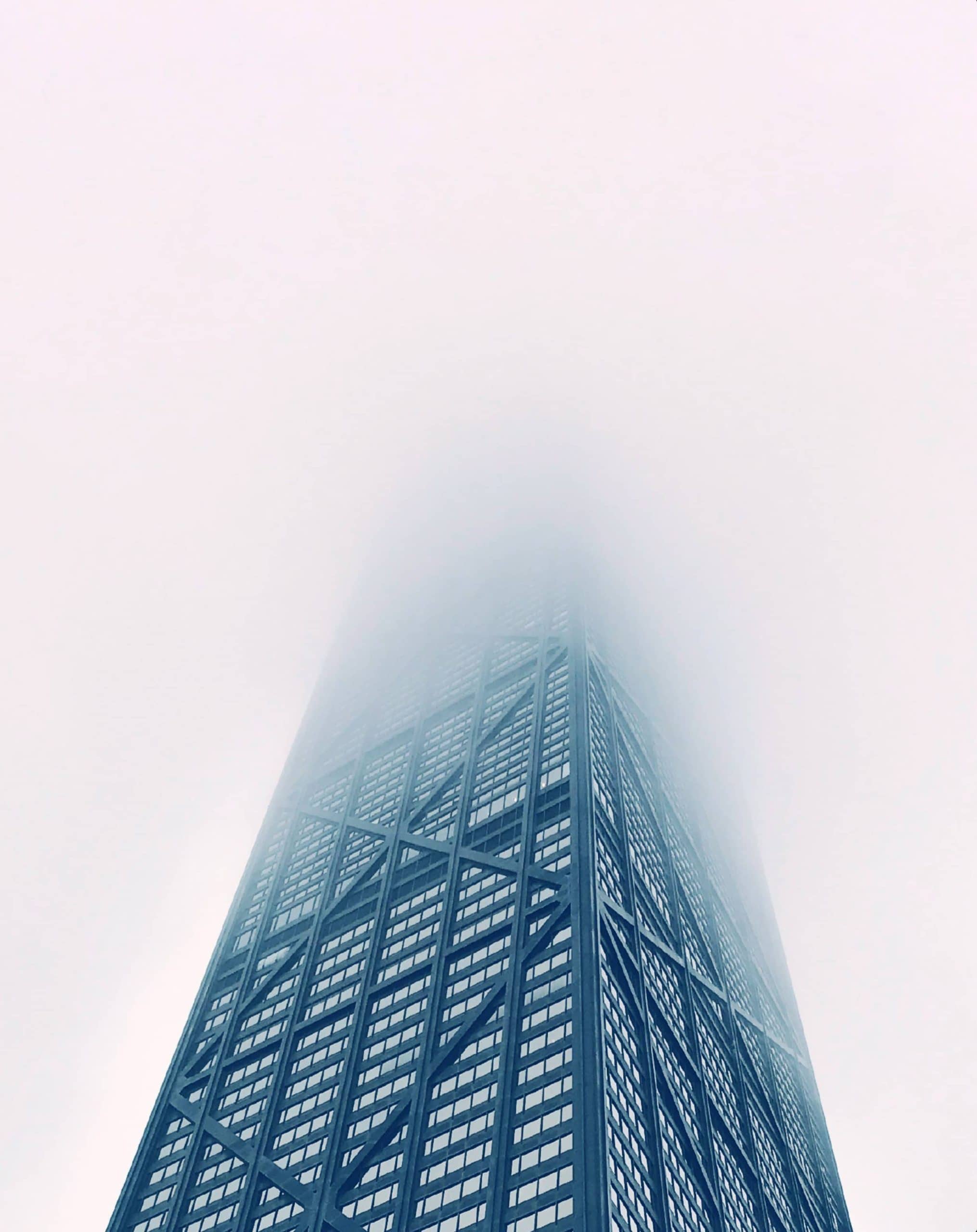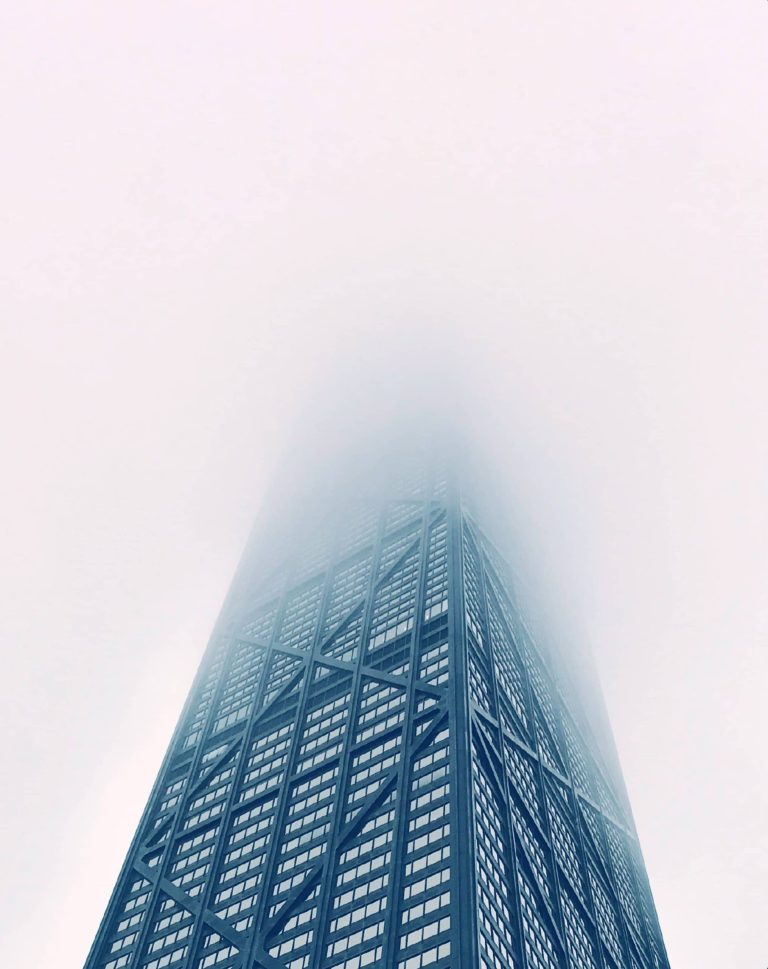Developed by OpenAI, a company co-founded by Elon Musk, this AI tool is based on the GPT-3 (Generative Pretrained Transformer – 3) language model, which analyzes questions and prompts provided by users to provide coherent responses, and uses feedback to further develop and improve its own performance.
ChatGPT can respond to any type of query. For example, it can answer a simple question, but also compose song lyrics or write an essay, a novel or a screenplay in only a few minutes.
On February 13, 2023, a stable version was released which provides paying users with faster responses in all circumstances, even when presented with a huge number of queries.
Can ChatGPT output be protected by copyright?
French copyright law protects any original work that embodies the personality of its author. Copyright is a natural right that protects a work, under certain conditions, but also the individual author who created it. This personalist approach implies that a “work of the mind” must be created by a human being to be protected by copyright.
Although ChatGPT was programmed by humans and has assimilated a great deal of information supplied by humans, it is primarily a computer program devoid of human personality that merely responds to user queries.
Therefore, it seems that ChatGPT-generated content cannot be afforded protection under French copyright law as it currently stands.
In this regard, it is worth noting that OpenAI’s terms of use provide that “due to the nature of machine learning, output may not be unique”, suggesting that the chatbot may generate the same or similar output for two different users who used it independently.
On September 18, 2019, the International Association for the Protection of Intellectual Property (Association Internationale pour la Protection de la Propriété Intellectuelle or AIPPI) addressed this issue in its resolution on “Copyright in artificially generated works”, which conveyed its position that, while it would be worth harmonizing the protection of these works, they “should only be eligible for protection by copyright if there is human intervention in the creation of the work and provided that the other conditions for protection are met”.
In its report on “Artificial Intelligence and Culture”, dated January 27, 2020, the French Advisory Council on Literary and Artistic Property (Conseil Supérieur de la Propriété Littéraire et Artistique or CSPLA) considered that current copyright law could, “under a new reading of [copyright eligibility criteria], extend to AI-generated creations”, although it also pointed out that “copyright should remain tied to a human being”, and that “[c]opyright protection cannot dispense with human involvement (although the tie to creation may be looser).”
What about AI-generated content that has been post-edited by a user?
Can content that was initially generated by the service and subsequently altered or adapted by a user be protected by copyright and, if so, on what conditions?
As copyright law currently stands, it seems that answering in the affirmative would require being able to assess the involvement of the individual claiming authorship of the work, both before and after they used the service. However, it seems that in many cases, this assessment would necessarily prove difficult or even impossible, the first major hurdle being, ab initio, the ability to detect the use of the service.
Much needed policies
As regards copyright protection, several avenues are worth exploring, one of which being the creation of a sui generis protection for content generated by ChatGPT or any other AI tool.
The onus will be on lawmakers or, if they fail to act, the courts to settle these issues and regulate all the practical ways in which this tool and its output may be used. Employers will no doubt also have to restrict their staff’s use of this technology.
Copyright infringement liability for using ChatGPT output
ChatGPT is available to all, and while some will use it solely to test its performance and its potential, there is no doubt that others will (and perhaps already do) use it for personal and professional purposes.
Under Section 3 of its terms of use, OpenAI assigns to the user all its right, title and interest in and to output. This section also provides that the user alone is “responsible” for content (including the user’s input and the AI-generated output).
It therefore appears that the user would be solely liable for any use of ChatGPT-generated content that infringes on third-party IP rights, without any recourse against OpenAI.







